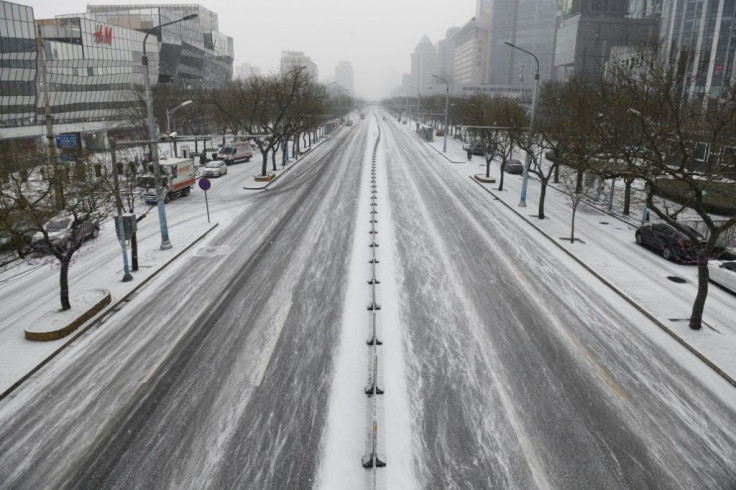Coronavirus Update: Pandemic Effect On Climate Likely Temporary, Short-Lived

KEY POINTS
- Lockdowns because of the coronavirus have caused dramatic declines in pollutants
- According to an expert, the pandemic-related pollutant declines will likely be 'short-lived'
- CO2 emissions will likely increase again after the pandemic
The lockdowns due to the coronavirus pandemic have been causing observable changes in the environment, with many places reporting better air quality and clearer skies. This fuels the hope that the environment may be healing while the world is at a standstill because of the outbreak but, according to an expert, these positive changes are likely just temporary.
At a virtual press conference on Wednesday, Lars Peter Riishojgaard of the World Meteorological Organization, a United Nations agency, said that the coronavirus pandemic is actually having little impact on climate change.
According to Riishojgaard, there has been a lot of media speculation about how the pandemic might be impacting climate change and long-term global warming. In fact, recent satellite images of hard-hit places like Italy and China showing dramatic pollutant declines have gotten the attention of many.
"The answer to that is it probably does not mean very much," Riishojgaard said, further stating that the impacts will likely be short-lived. "The pandemic will be over at some point and the world will start going back to work and with that, the CO2 emissions will pick up again, maybe or maybe not to quite the same level."
In this matter, the question comes down to what will happen after the lockdowns are over and people and governments are trying to pick up where they left off. Will we double or even triple the pace to make up for the lost time or, will we be more cautious of our actions and decisions, seeing how much the stall in human activity positively impacted the environment?
"They demonstrated very clearly that you can absolutely, if you have enough control over the situation, you can turn off the air pollution," Riishojgaard said. "But I don't think we should claim victory here yet because things will pick up again eventually."
An example of how things could go would be the effects of the 2008-2009 global financial crash. The recession caused a dip in carbon emissions but it quickly rebounded in the following years because of the sudden boost in fossil fuel use.
China, which is one of the countries with the highest carbon dioxide emissions, is slowly opening up after two months of aggressive measures against the coronavirus. As it does, fears that cases of the disease may spike again emerge, along with the high possibility that its pollutant levels will rise again.
© Copyright IBTimes 2024. All rights reserved.






















